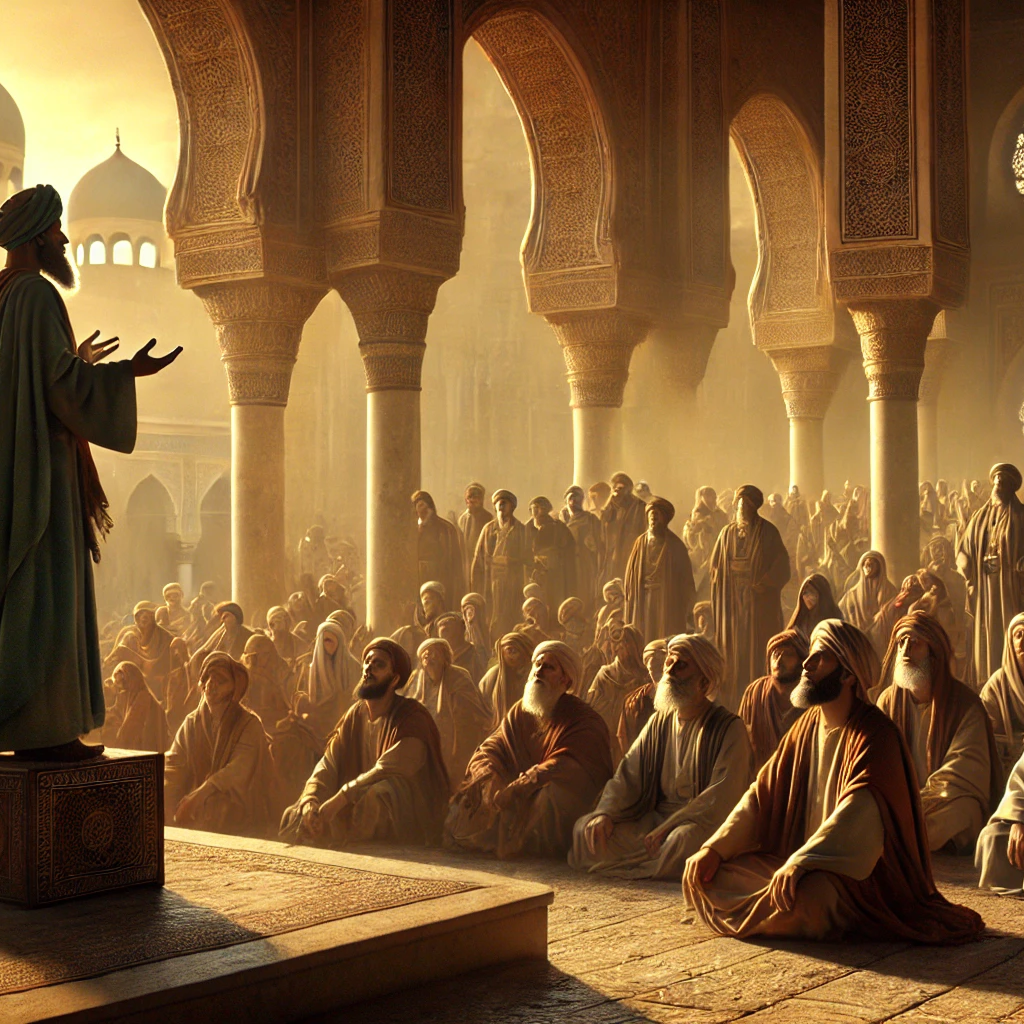Misconception:
Islam Encourages Slavery
The Truth
Islam worked to abolish slavery gradually by promoting manumission (freeing slaves) and ensuring humane treatment.
Explanation:
Slavery was a universal institution during the Prophet’s time, but Islam introduced reforms to phase it out. The Quran encouraged freeing slaves as a virtuous act:
- “...But whoever cannot find [the means to do so] – then a fast for two months consecutively before they touch one another. And for those who find this difficult, it is the feeding of sixty needy people.” (Surah Al-Mujadila, 58:3)
The Prophet ﷺ set a powerful example by freeing slaves and encouraging others to do the same. Bilal ibn Rabah, a freed slave, became one of the most respected companions in Islamic history and the first muezzin. The Quran also demanded fair treatment:
- “...What your right hands possess – indeed, Allah is ever an Observer over them.” (Surah An-Nisa, 4:36)
Explanation:
- The Bible contains provisions for slavery, such as in Exodus 21, where rules are given for humane treatment of slaves.
- Christianity and Judaism historically accommodated slavery but gradually moved toward abolition through reform movements, just as Islam initiated gradual abolition within its framework.

